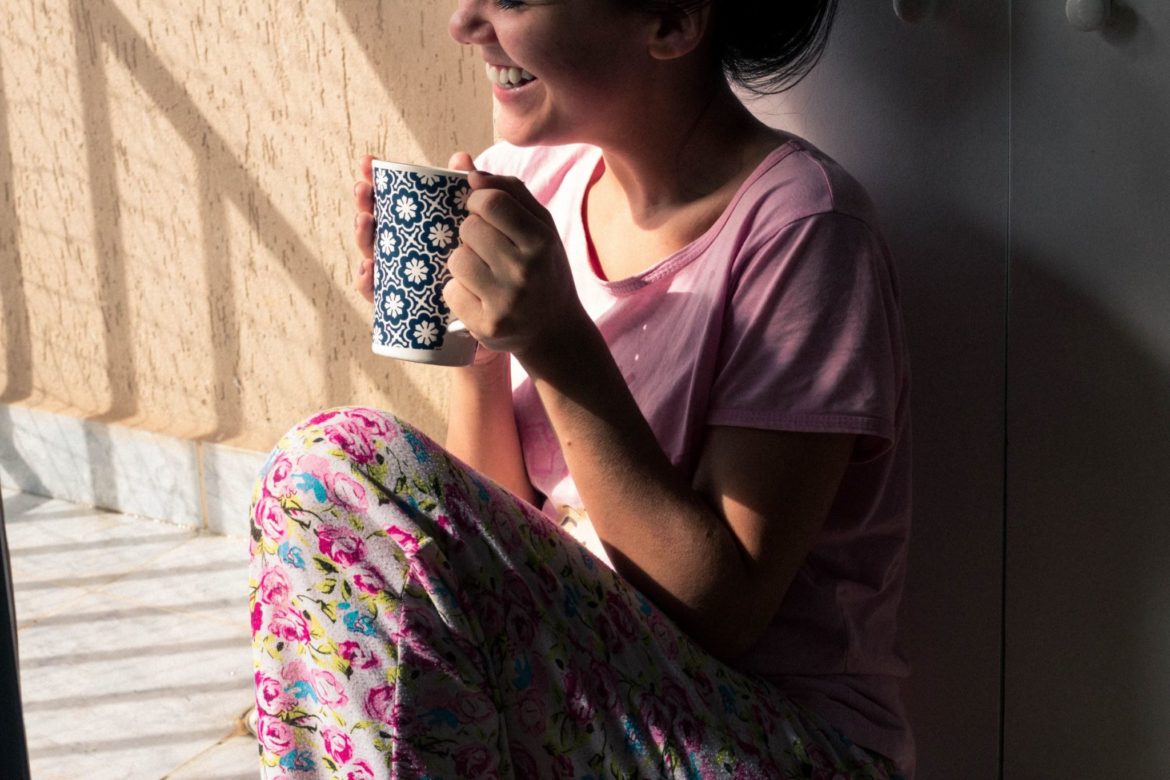Happiness may seem a difficult thing to find during the COVID-19 pandemic. While you are being told to stay home and maintain social distances from others, you may be struggling with how to achieve happiness within yourself. During Mental Health Month, it’s important to know that finding happiness in any circumstance is possible. A professor of psychology at Yale University, Laurie Santos, has examined the Science of Well-Being and offers a number of ways to help you find that elusive happiness, even during the coronavirus outbreak.
Going About It the Wrong Way
Professor Santos is a world expert on happiness. She developed a course, the Science of Well-Being, two years ago for overly stressed Yale students. Today it seems even more applicable, given the anxiety and uncertainty surrounding the coronavirus. Santos says, “It’s well known that living through hard circumstances can make us happier because it teaches each of us to be grateful for so many things in life.”
Santos also believes that we can be happy when we are stuck at home during a virus pandemic. She says that happiness does not depend on circumstances and that we typically pursue happiness in the wrong way. While many people try to find constructive ways to spend their time while they are home, those are not necessarily “happiness-making practices.” Santos emphasizes that “with a little time and the right practices [as long as we have a roof over our head and our basic needs met], we can thrive in whatever situation we are in.”
The Secrets of Contentment
There are three basic habits of people who are capable of finding happiness in any circumstance:
- Social connections: People who are happy think about other people more than they think about themselves and make the effort to reach out. They also tend to engage in random acts of kindness that are designed to benefit other people.
- Gratitude, self-compassion, and being present: In academic studies, gratitude is consistently at the top of the list of things that make us truly happy. Along with gratitude, we need to practice not being too hard on ourselves and being present in the moment, limiting our regrets about the past and our worries about the future.
- Healthy habits: Exercise, nutrition, meditation, and adequate sleep all play a part in healthy lifestyle habits that will contribute to our happiness even while we’re stuck at home during a pandemic.
Post-Traumatic Growth
The stress of the current situation can affect both our mental and our physical health. A condition called post-traumatic stress disorder (PTSD) can develop in people who have experienced a shocking, scary, or dangerous event, such as the effects of the pandemic. Professor Santos says that although post-traumatic stress if often talked about, “there is also a lot of work on post-traumatic growth.”
She adds that, “Just like we have a physical immune system, there is evidence that we have a psychological immune system. When things get bad, we rationalise, we figure it out, we are actually a lot stronger and more resilient than we think. We learn better habits and come out better on the other side.”
The Science
Santos developed the course, the Science of Well-Being, to teach students that finding happiness in any circumstance is possible. The course, as well the podcast series called The Happiness Lab, are even more relevant to those who struggle with maintaining their mental health during the coronavirus outbreak. Santos says, “If Covid-19 has taught us anything, it’s that we need to be scientific about the interventions we take in life. People don’t want platitudes, they want evidence-based ways to protect not only their physical health, but their mental health too.”
The Science of Well-Being identifies the habits that we can work on during our time at home. Exercise, for example, is important for both physical and mental health and can be done in small, 20-minute sessions. Exercising can be simply dancing to an upbeat, happy toon, whether or not anyone is looking!
Getting the right amount of quality sleep also benefits us, mentally and physically. We can take steps to ensure a good night’s sleep, including not taking electronic devices to bed. Recognizing and recording our change of attitude and our gratitude can also help us develop a sense of happiness in our current circumstance.
Contact South Miami Recovery for Help During COVID-19
At South Miami Recovery, we address all facets of your addiction recovery, including your spiritual, physical, emotional, and mental health. During the pandemic, we offer HIPAA-compliant telehealth services so you can get the treatment you need, while staying safe and healthy. We continue to provide the outpatient addiction treatment services you need during these uncertain times. To learn more and to sign up for telehealth substance abuse services, contact us today. You can also call South Miami Recovery at 305.661.0055.




